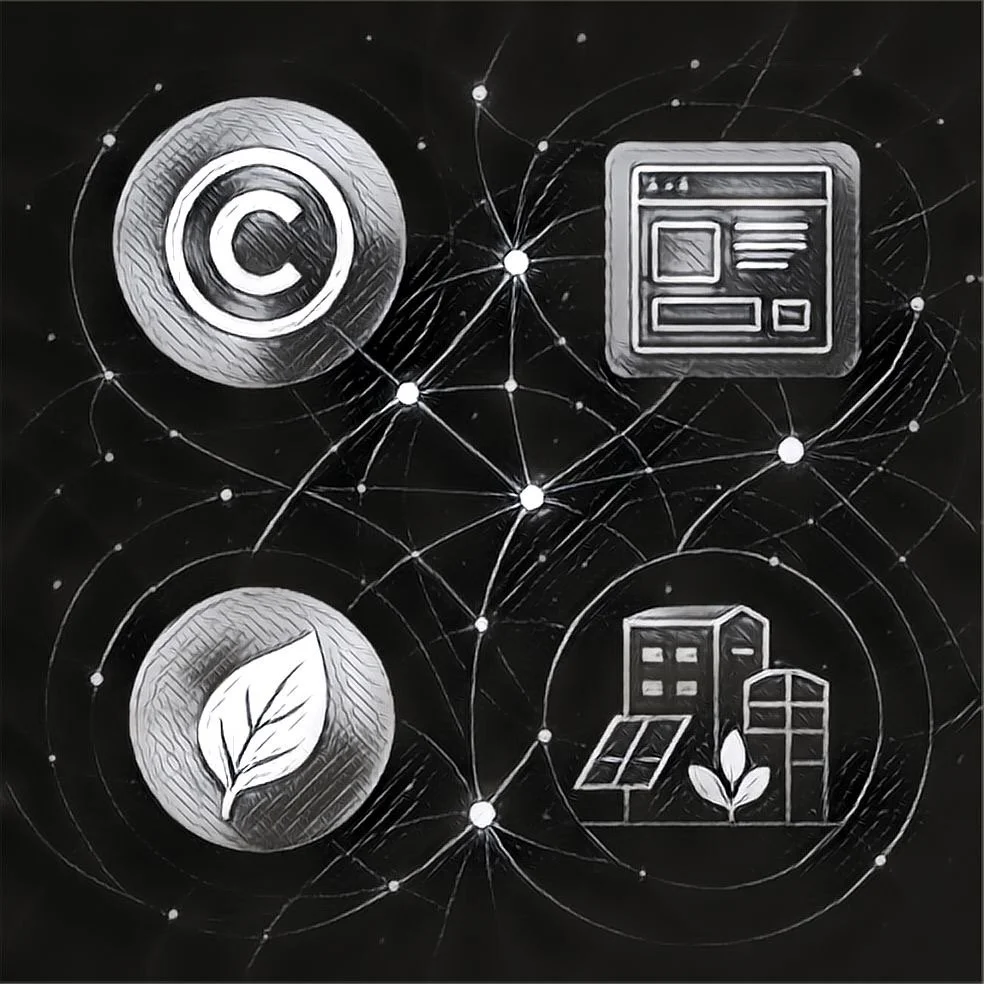All in Copyright
Do Health Data and Metadata Ownership Licenses Help or Hurt Innovation?
Thoughts on Project Goliath and the MPAA’s “War Against Google”
When Does a Public Data Good Become a Private Data Resource?
Apple, Samsung, Design Patents -- and Textile Design Piracy
Content May Not Be King But It Still Behaves Like Royalty
Higher Education Act Reauthorization Requires Colleges to Subsidize Copyright Anti-Piracy Efforts
Copyright law has abandoned its reason for being: to encourage learning and the creation of new works. Instead, its principal functions now are to preserve existing failed business models, to suppress new business models and technologies, and to obtain, if possible, enormous windfall profits from activity that not only causes no harm, but which is beneficial to copyright owners. Like Humpty-Dumpty, the copyright law we used to know can never be put back together again: multilateral and trade agreements have ensured that, and quite deliberately.












